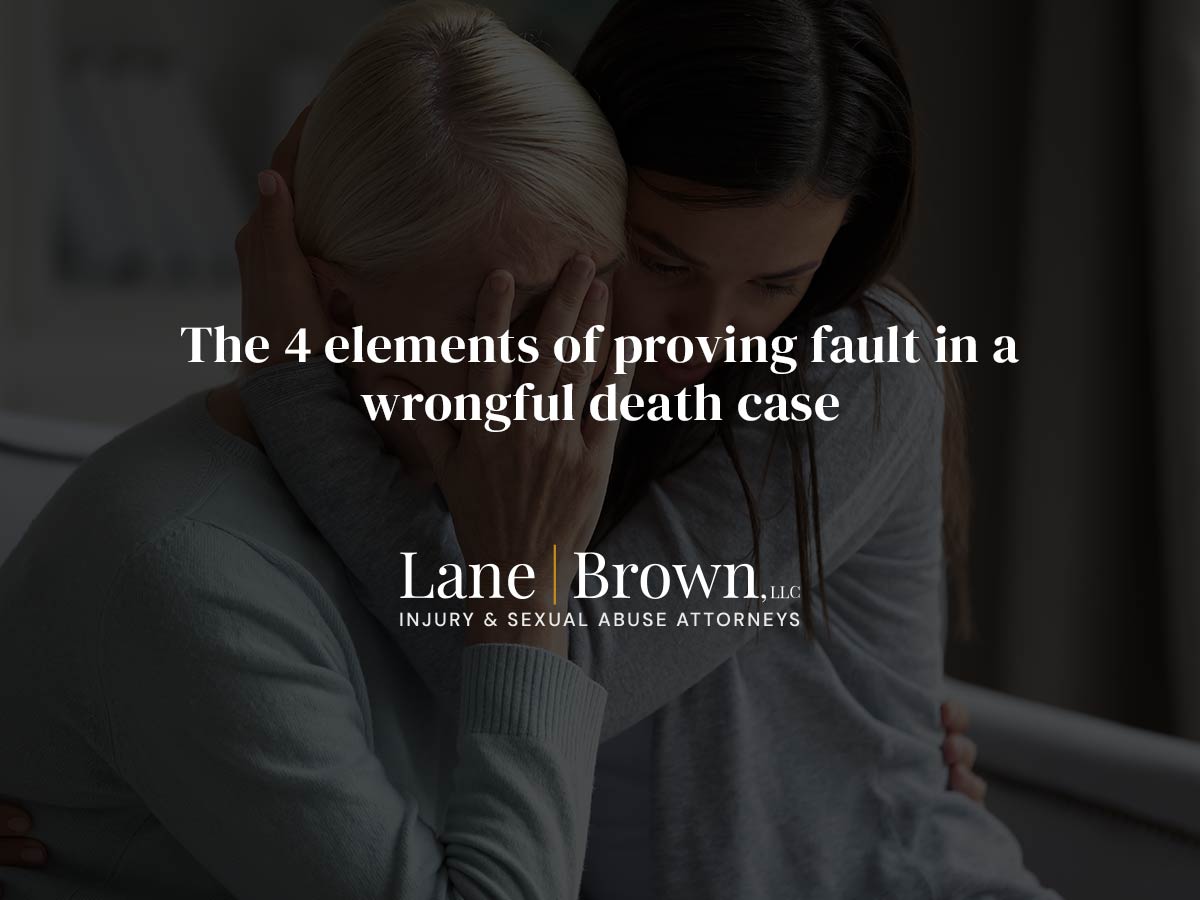When a person dies due to another person’s wrongful or negligent acts, that sets the stage for a wrongful death claim to be filed. A wrongful death attorney will need to prove four main elements in a case to allow the family of the deceased to be able to collect damages.
Duty – To be found liable, a defendant must have owed the deceased a duty of due care. Due care will vary from case to case, but essentially it means that one individual had the responsibility to keep another person safe, or not to do something that would bring harm to the other person. A judge will determine if due care was exercised, taking into account how predictable the possible harm was to the person, what the standard is by examining similar cases and how closely the defendant’s acts were to the harm that caused the injured party’s death.
Breach of Duty – If due care was proven to exist, then the plaintiff must prove that the defendant’s actions actually caused the deceased death through a breach of duty. If other words, if the defendant was in a position to protect the deceased, and through their actions or lack of actions, they did not, they could be cited for breach of duty.
Causation – If a breach of duty exists, then it must be shown that the breach actually caused the deceased harm. This can be complex because often times, multiple actions and people are involved and sorting out an exact cause, making it very complicated.
Damages – When the other elements are proven, then all that remains is to prove that the deceased actually suffered damages. In a wrongful death, because the person was killed, it is always presumed that damages exist.
The Law Offices of Lane Brown proudly serve the city of Chicago and the surrounding communities.

